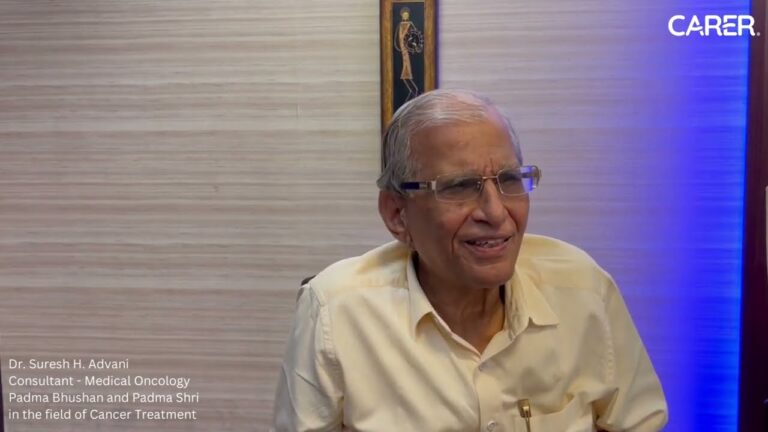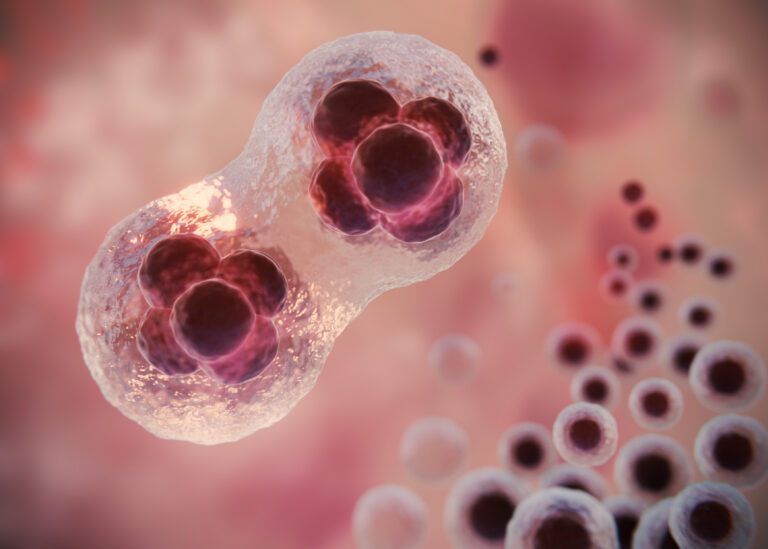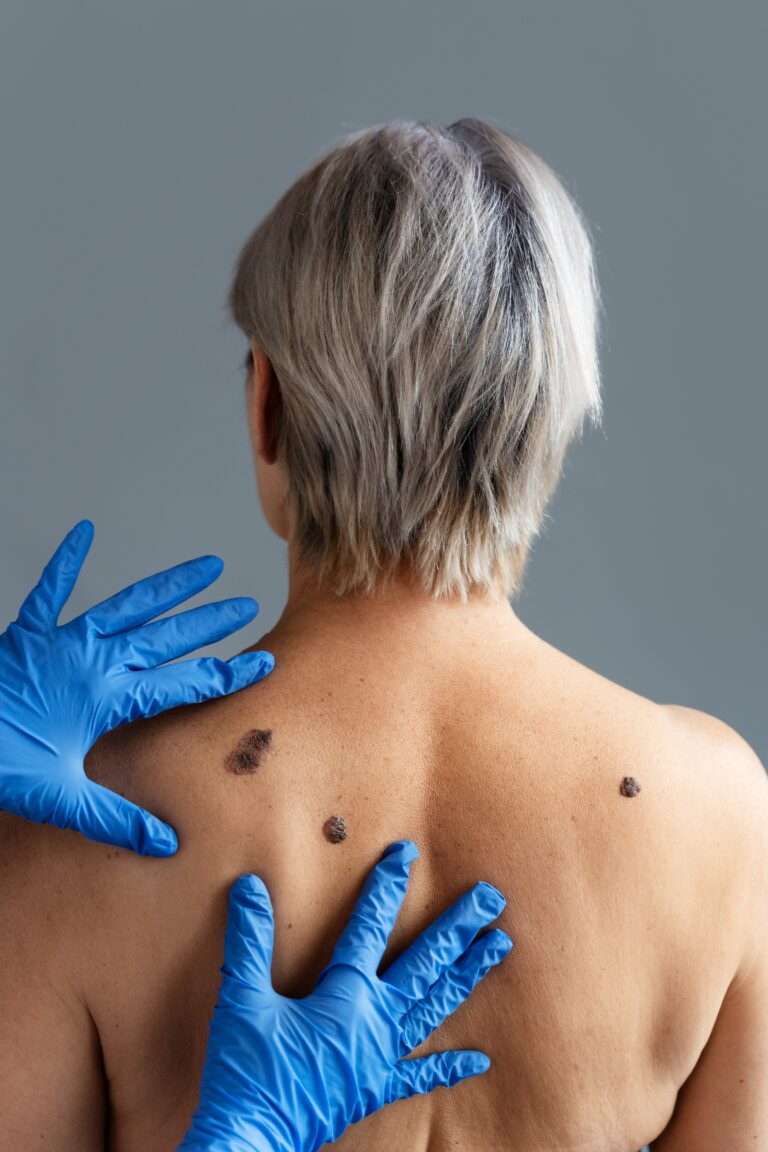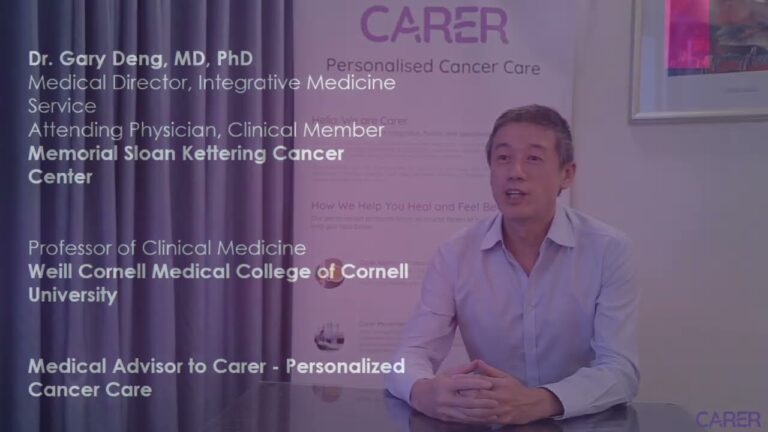Understanding Food and Drug Interactions: What You Need to Know
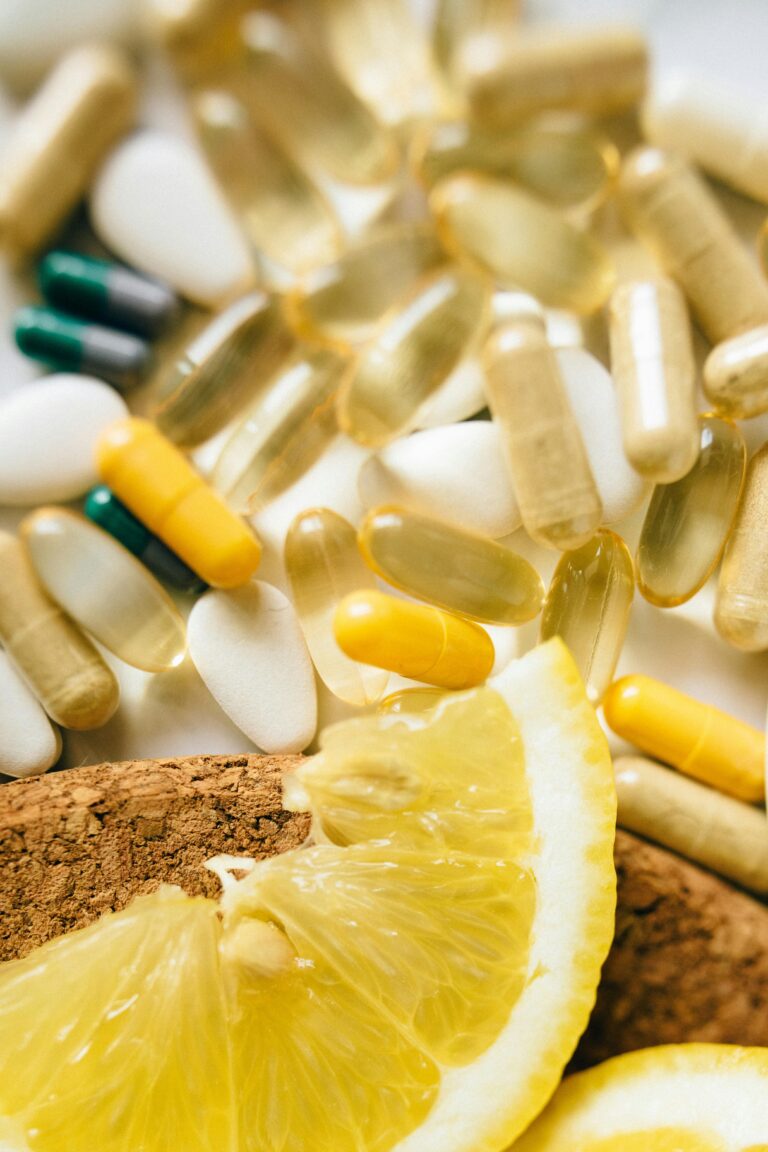
understanding food and druf interaction
When taking medications, it’s important to be aware of how certain foods can affect their effectiveness. When a food, beverage, or supplement changes how a drug acts in the body, it's called a drug interaction. These interactions may increase the potency, decrease the effectiveness, or even result in negative side effects of drugs.
Why Do Food and Drug Interactions Occur?
While certain drugs may cause irritation if taken without food, others function better when taken empty stomach. Certain foods contain substances that disrupt drug metabolism and cause unanticipated side effects. Another important factor is alcohol, which can lessen a drug's effectiveness or increase negative effects.
Common Cancer Drugs and Their Food Interactions
Certain types of foods can impact the effectiveness of cancer drugs or increase their negative effects. For instance, grapefruit should be avoided with doxorubicin, lapatinib, carboplatin, and cyclophosphamide (Cytoxan), as it can elevate drug levels in the blood, raising toxicity risks. While lapatinib also interacts with Seville oranges, possibly raising medication concentration, tamoxifen may lose its effectiveness when taken with sesame seeds. The effects of fluorouracil (Adrucil) may be changed by modest interactions with supplements such as taurine, folic acid, and vitamins A and E. To prevent unforeseen consequences, always get your doctor's approval before making dietary changes while taking these medications. Treatment results are safer and more successful when food-drug interactions are properly understood.
What Should You Do?
Always consult your doctor or pharmacist before making dietary changes while on medication. Read medication labels for food-related warnings. Avoid alcohol unless explicitly permitted by your healthcare provider. Be cautious with supplements, as they can also interact with medications.
Food and drug interactions can significantly impact treatment outcomes. Being informed helps you avoid unnecessary risks and ensures that your medications work as intended. Always check with your healthcare team before altering your diet while on prescription drugs.

